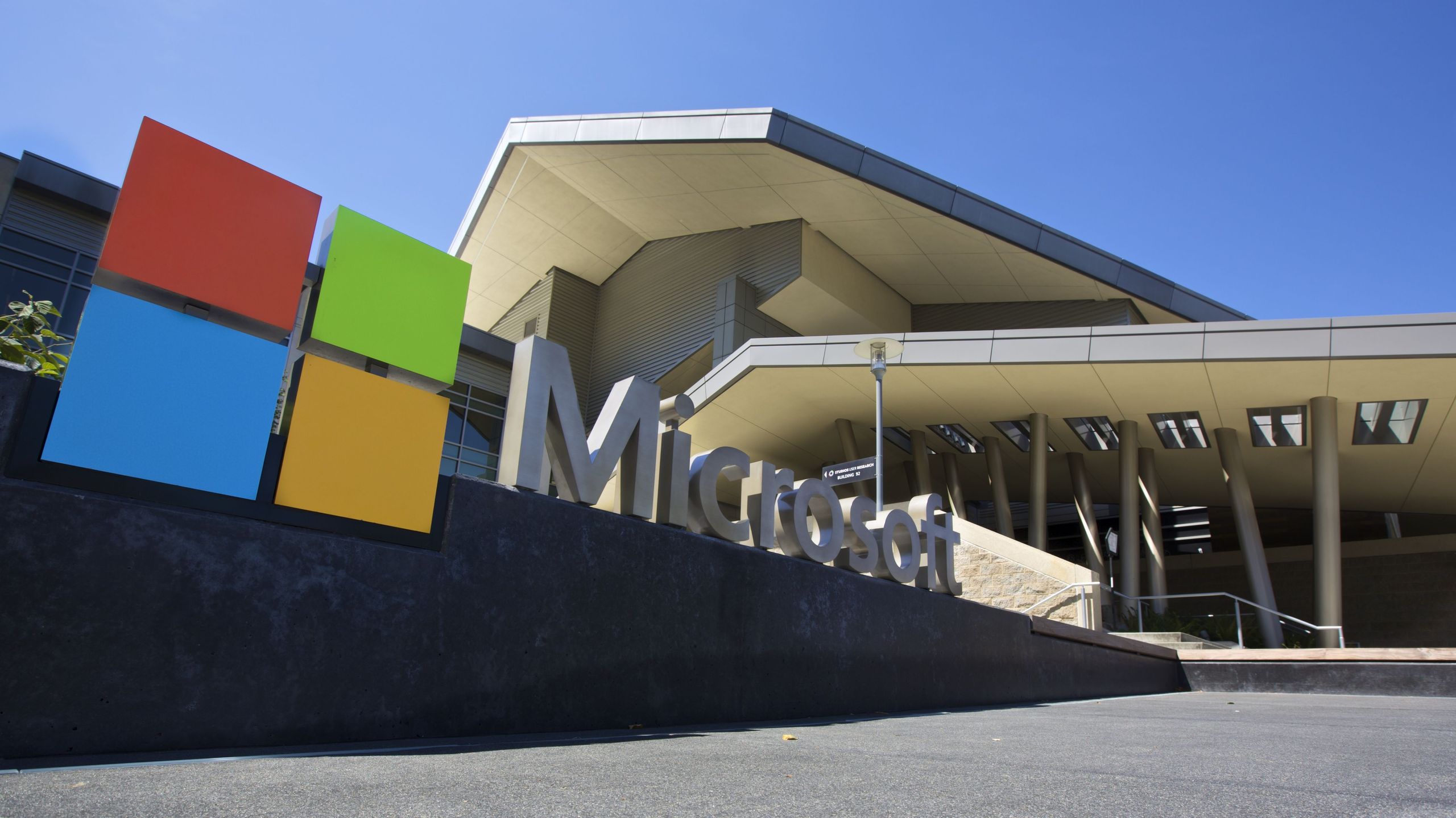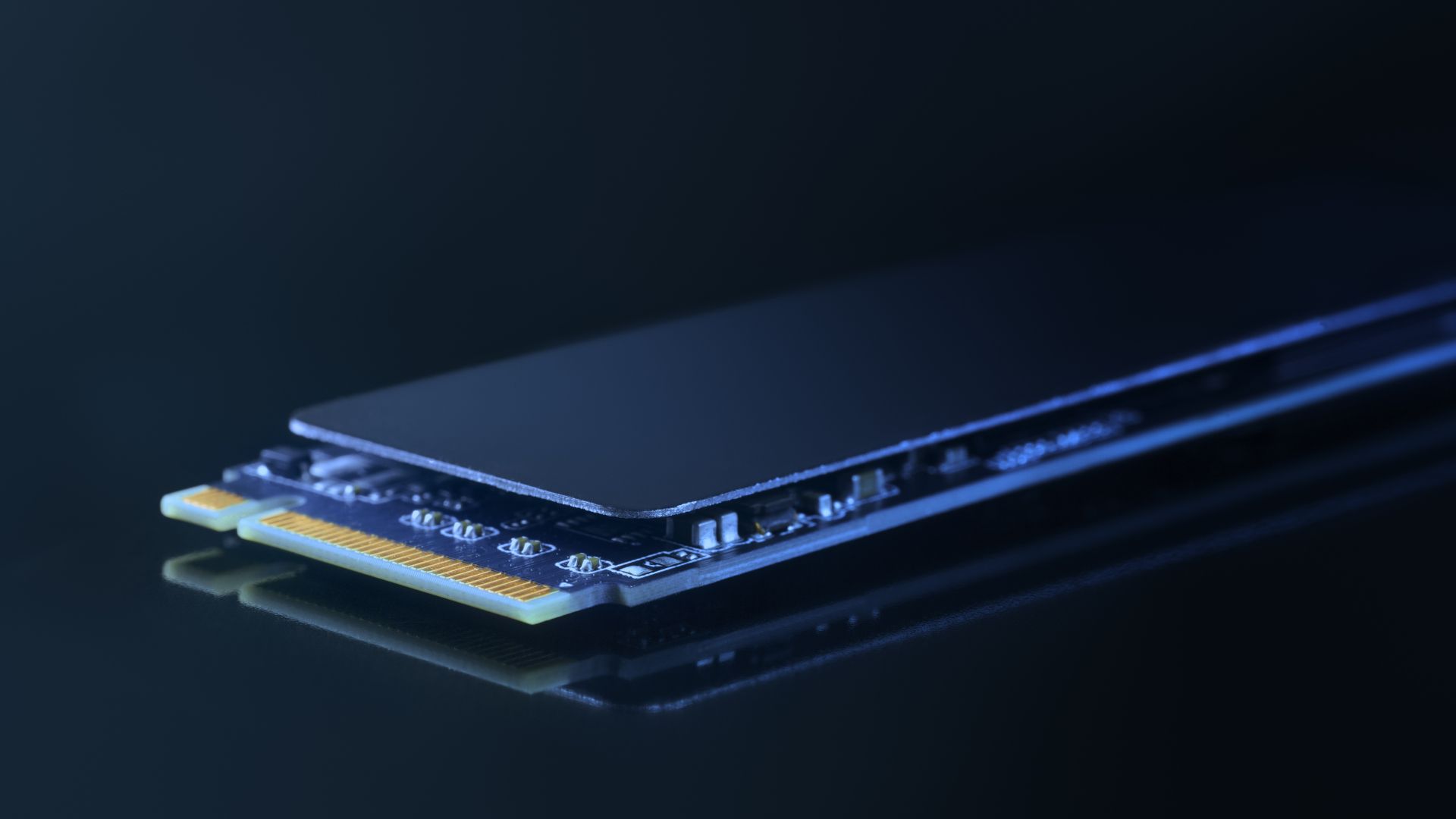Thoughtworks Technology Radar Highlights The Rapid Evolution of AI Assistance in 2025

CHICAGO, Nov. 5, 2025 /PRNewswire/ — Thoughtworks, a global technology consultancy that integrates design, engineering and AI to drive digital innovation, today released volume 33 of the Technology Radar, a biannual report informed by the organizations’ experiences with clients. This edition spotlights the rapid evolution of AI assistance in today’s enterprise and showcases the techniques and technologies driving change this year.
More specifically, this volume points to increasing consolidation in the form of ‘context engineering’, new protocols like MCP and the growth of agentic systems — that’s in contrast to volume 32, published in April, which instead highlighted emergent practices, such as retrieval augmented generation and prompt engineering. This shift from one volume to the next is a signal that AI is rapidly maturing in the software engineering space.
However, while the report notes successful applications of generative AI, such as helping teams understand legacy codebases, it also emphasizes both the infrastructural demands of these systems and, worryingly, the growth of AI-related antipatterns. The takeaway for technologists and business leaders alike should be clear: AI success depends on rigor and attention to detail and nothing is inevitable.
“AI has dominated the last few editions of the Technology Radar but volume 33 marks a step change in how the industry is thinking about it,” said Rachel Laycock, Chief Technology Officer of Thoughtworks. “At the start of the year, the industry couldn’t stop talking about vibe coding — where developers provide prompts that feel right to an AI and expect software to come out the other end. That’s practically disappeared; we now see a concerted and serious effort to think through problems of context, infrastructure and security. The whole of this year has been a live experiment in AI — we’re now beginning to see benefits.”
The themes in Technology Radar Volume 33 include:
The rise of agents elevated by Model Context Protocol (MCP): Every major technology vendor is building agent-awareness into their platforms, largely thanks to the Model Context Protocol (MCP). MCP is a hugely popular integration protocol that allows agents to work efficiently and semi-autonomously; it’s transforming how teams approach software development, creating the foundations for agent-assisted workflows.
Infrastructure orchestration arrives for AI: The explosion of AI workloads is forcing platform teams to orchestrate large fleets of GPUs for both training and inference. As a consequence, GPU-aware orchestration is now a competitive necessity.
link




